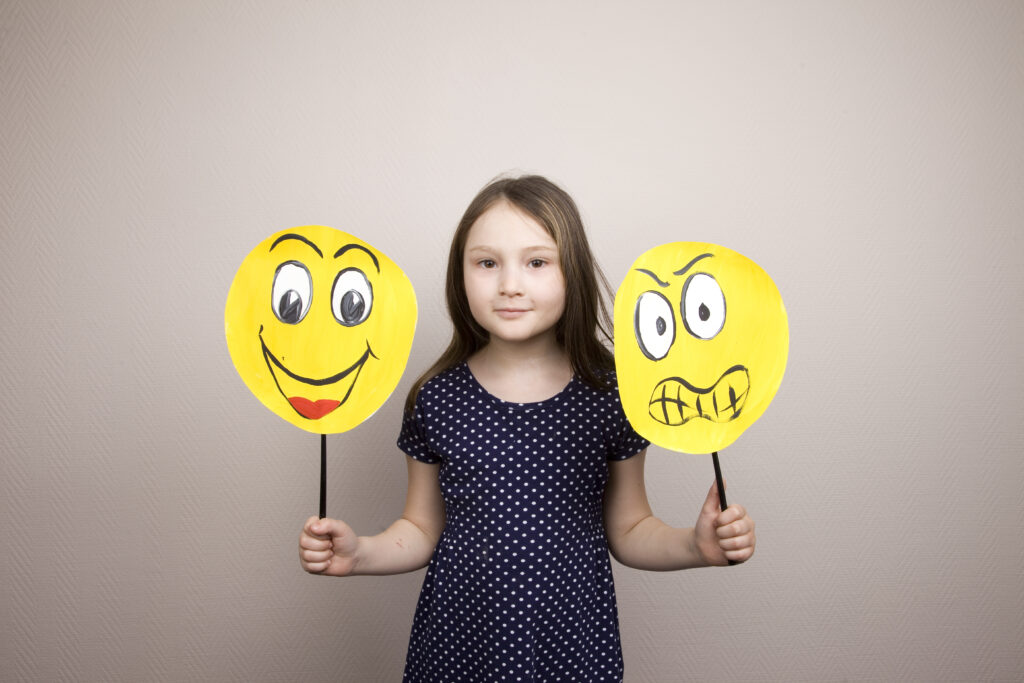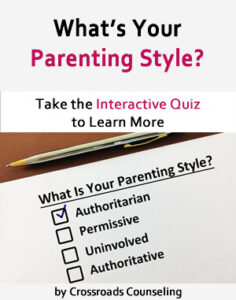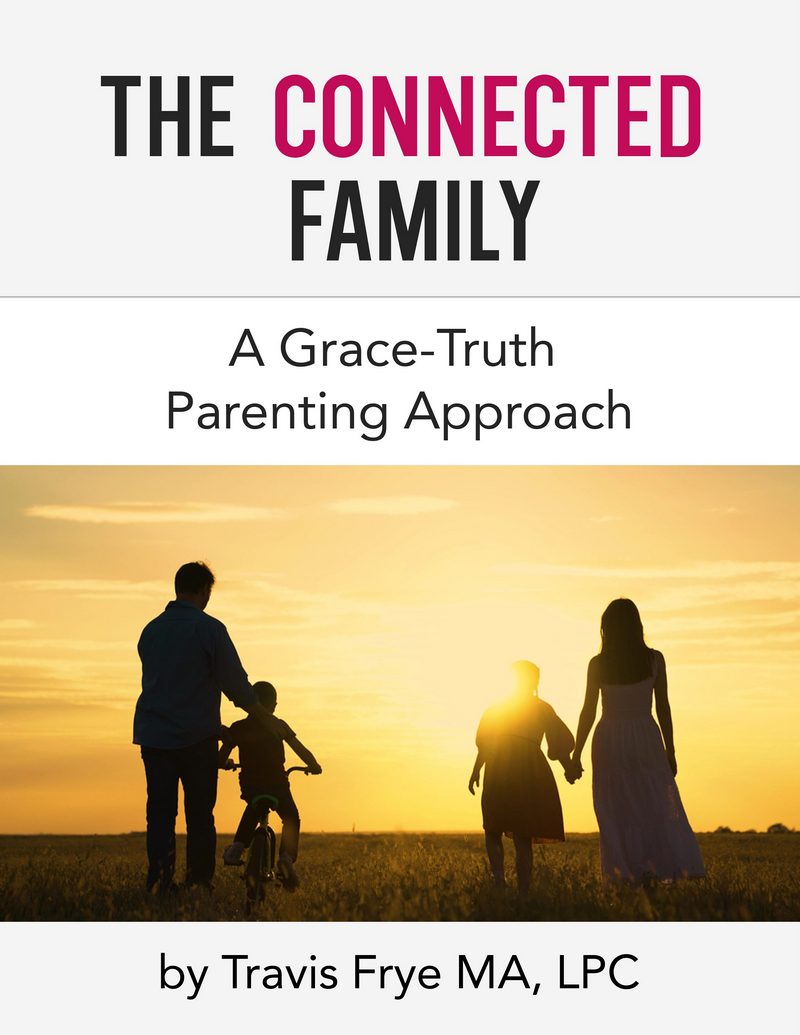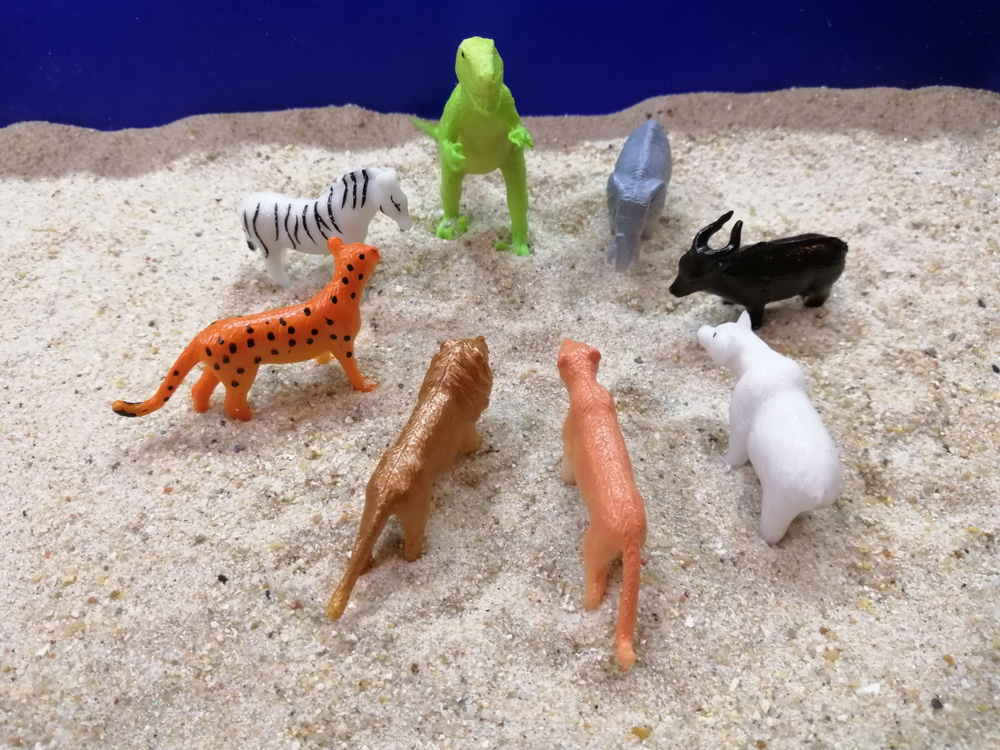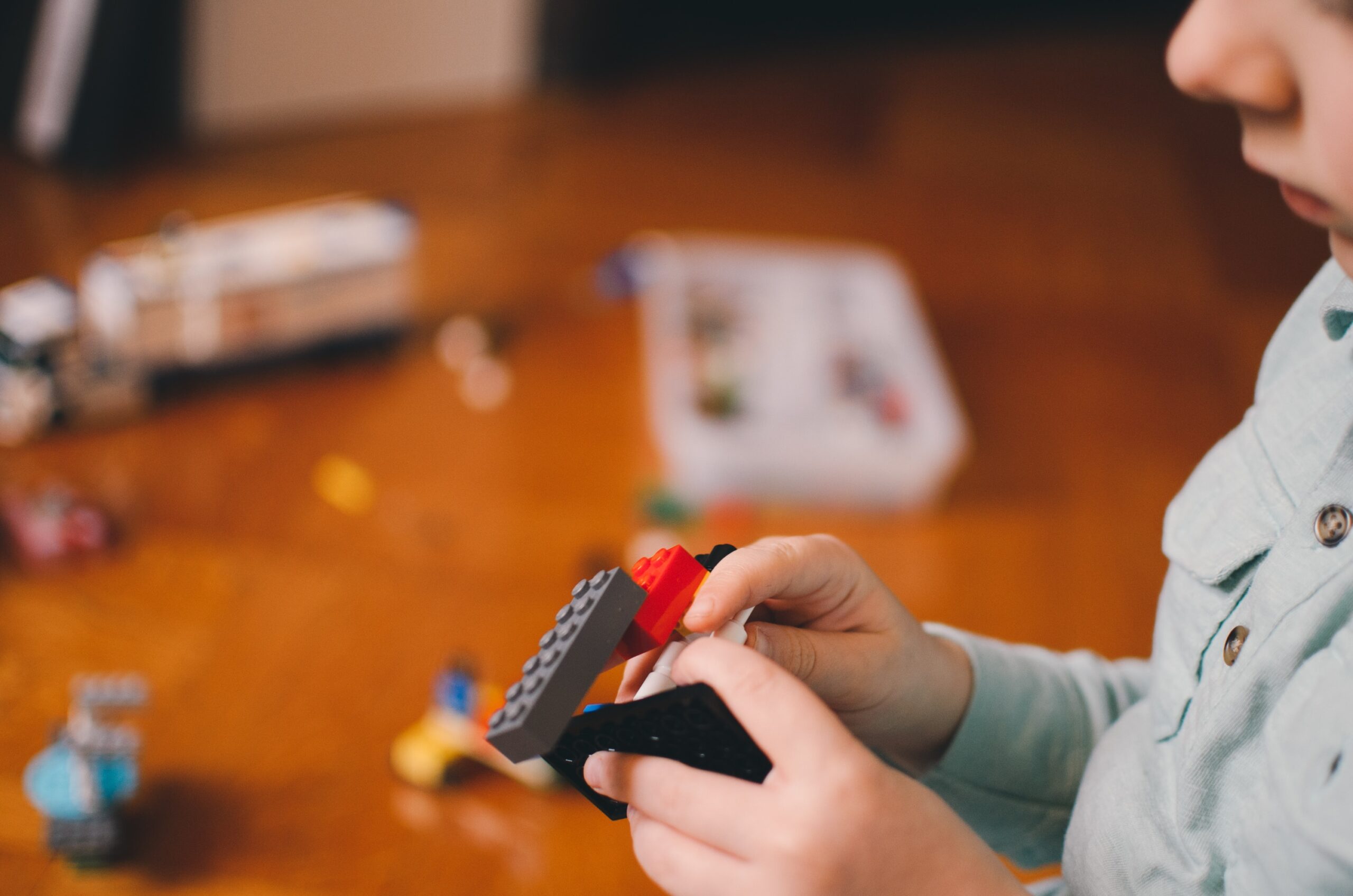Child psychologists often say, “Kids have big feelings.” It’s true because as a child they’re feeling an intense emotional reaction, and sometimes they don’t know what it is! Naming and verbalizing your emotions is hard, even as an adult. We call the ability to name, cope with, and manage emotions “emotional intelligence.”

Tips From A Child Therapist to Help Your Child Navigate Big Feelings
Think About Your Child’s Day
Helping children identify their big feelings starts with a grown-up understanding. Reflect for a moment on what your child’s day has been like. Did they have a rough time at school? Maybe they’re hungry, thirsty, hot, or they aren’t feeling well.
We don’t expect an adult to work an eight-hour shift without food or water, while they’re sick or with only a few hours of sleep. It’s unfair to expect a child to accomplish the same thing. If they’ve not been sleeping well or if it’s been a while since their last snack or drink, start with that. It’s equally important for them to understand when they’re hungry or thirsty as it is to understand when they’re sad or angry.
Work on the Basics

The next step in understanding and identifying big feelings is to develop self-awareness. This means looking inward even in the height of intense emotions to figure out how you feel. When your child is feeling upset or angry, check your own emotions, then help them check theirs. As their grown-ups, it’s our job to help them answer two questions. What am I feeling right now? And what do I need?
Link the Body with the Mind
When your child is feeling particularly frustrated or upset, it helps to ask them where they feel it in their bodies. Helping them identify that their face feels hot or their chest feels fluttery is a foundational step in helping them identify their emotions.
When they understand why their body feels the way it does, because they’re angry or frustrated, they’re better prepared to focus on verbalization. And, if they don’t know the word for the emotion, they know they can start by talking about how their body is feeling it. This gives them a jumping-off point, and that’s a big step!
Be an Honest Role Model for Your Child
Somewhere along the way, caregivers started feeling like they should always be the perfect image of calm. While it’s never okay to take your emotions out on a child (or anyone else) our kids need to see that we have big feelings too.
The next time you get frustrated with your computer or phone, and your child asks what’s wrong, name it. “I’m just feeling annoyed because this isn’t working.” Then, let them see you taking a deep breath and putting some distance between yourself and the problem. Modeling our own emotional intelligence is one of the key ways we can teach our kids how to master their feelings.

Please reach out soon for support and 20-minute phone consultation, we’re here to help. Contact us by calling 623-680-3486, texting 623-688-5115, or emailing info@crossroadsfcc.com and ask to speak with one of our child counselors. You can ask all the questions you have to see if Crossroads is the right fit for you.
We have offices throughout the Valley of the Sun including Phoenix, Anthem, and Scottsdale.
Begin Working With A Child Therapist in Phoenix, Scottsdale, and Online in all of Arizona
Finding the best way to address big emotions with your child is much easier said than done. Our team of caring therapists can help you in communicating in an effective way with your child. We offer support from our Scottsdale and Phoenix based locations and across the state with virtual, online counseling. To start your therapy journey, please follow these simple steps:
- Contact Crossroads Counseling
- Meet with a child therapist
- Start addressing tough emotions with your child
Contact us by calling 623-680-3486, texting 623-688-5115, or emailing info@crossroadsfcc.com and ask to speak with one of our child counselors. You can ask all the questions you have to see if Crossroads is the right fit for you.
